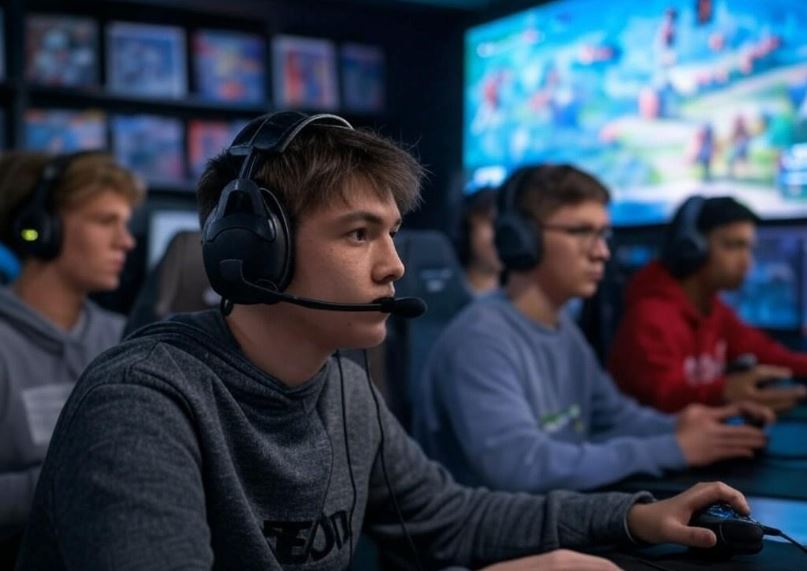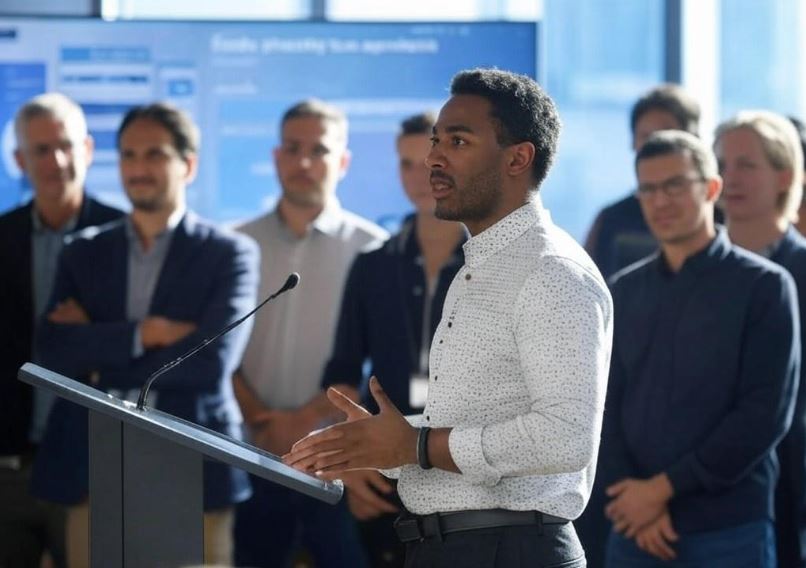
Scenario: The gaming industry is moving towards more immersive, community-driven experiences where players not only enjoy the game but also have a stake in its economy. However, traditional gaming platforms often control in-game assets, making them non-transferable outside of their ecosystem, and sometimes, the economies can be manipulated by the game developers or through bots.
Problem:
- Asset Control: Players do not truly own the digital items they earn or buy; they’re at the mercy of the game’s central authority.
- Lack of Interoperability: In-game items are typically locked to one game, reducing their value and utility.
- Economic Manipulation: Game developers can inflate or deflate the in-game economy with little transparency or player input.
- Scalping and Bots: Automated systems can buy up rare items, skewing the market and reducing fun for human players.
Web3 Solution by Web3Dev:
- NFTs for In-Game Assets:
- Web3Dev develops games where every item, from weapons to skins, is an NFT. This gives players actual ownership of their digital assets, which can be traded, sold, or used across multiple games if the ecosystem supports it.
- Decentralized In-Game Economy:
- The in-game economy operates on a blockchain, where transactions are transparent, and the supply of new items can be governed by smart contracts or community consensus rather than unilateral decisions by developers. This can prevent artificial inflation or deflation of item values.
- Player-Driven Governance:
- Implement a DAO where significant decisions about game updates, economic policies, or new content are voted on by players. This could include deciding on rarity for new items, balancing gameplay elements, or even the direction of game development.
- Cross-Game Compatibility:
- Develop or support standards that allow NFTs from one game to be used in another, creating a broader gaming metaverse where items have multiple uses, thus enhancing their value and appeal.
- Staking and Rewards:
- Players can stake their NFTs to earn tokens or other in-game benefits, promoting long-term engagement. These tokens might be used for governance, buying new items, or even earning passive income from popular items.
- Fair Play Assurance:
- Use of blockchain can help in verifying player authenticity, reducing the effectiveness of bots or automated trading systems that might skew the game’s economy or gameplay.
- Secondary Marketplaces:
- Create or integrate with decentralized marketplaces where players can trade their NFTs securely, adding liquidity to the game’s economy and ensuring players can capitalize on their in-game achievements.
Impact:
- Players have real ownership and control over their in-game assets, potentially increasing player investment in the game.
- A more democratic, player-influenced game environment where the community can shape the game’s evolution.
- Economies that are less subject to manipulation, providing a fairer playfield for all participants.
- Enhanced player engagement through the possibility of earning from their game time or assets, turning gaming into a potential income stream.
This use case demonstrates how blockchain can revolutionize gaming by making it more interactive, fair, and economically engaging for players. Contact Web3Dev today.




No Comments